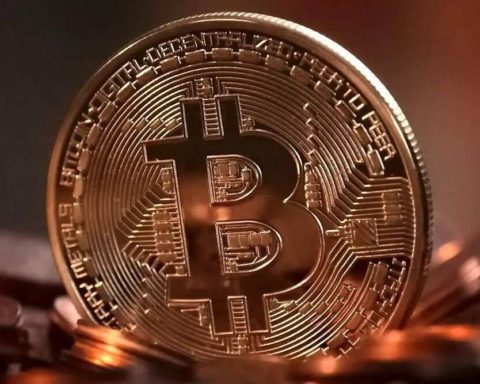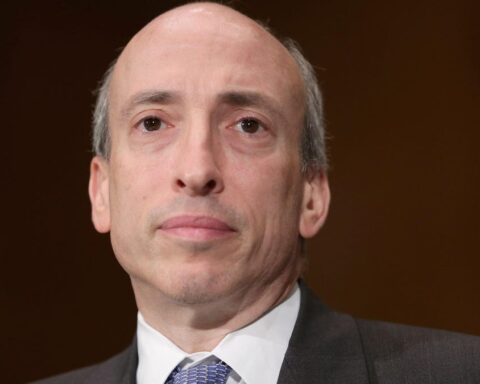Ripple’s Chief Legal Officer, Stuart Alderoty, recently provided insights into the cryptocurrency landscape’s future in 2024.
His discussion encompassed various topics, including Ripple’s legal battle with the United States Securities and Exchange Commission (SEC), the influence of the judiciary on crypto regulations, and potential legislative challenges within the U.S. Congress.
Alderoty first predicted a possible resolution of Ripple’s lawsuit with the SEC in 2024. He expressed concern about the SEC’s persistent “regulation by enforcement” strategy and its potential ramifications for the broader crypto industry.
This strategy has raised questions about regulatory clarity and the impact on cryptocurrency businesses.
Furthermore, Alderoty anticipated that the judiciary would play a significant role in curbing potential SEC overreach.
He suggested that ongoing legal conflicts might escalate to a confrontation in the U.S. Supreme Court, emphasizing the importance of judicial decisions in shaping crypto regulations.
Regarding regulatory matters, Alderoty expected consensus among U.S. lawmakers regarding the necessity of crypto regulations.
However, he also foresaw potential deadlock in implementing these regulations.
Such a stalemate could leave U.S. crypto firms vulnerable while other countries make strides in providing regulatory clarity and fostering innovation within the industry.
In 2020, the SEC filed a lawsuit against Ripple Labs and its current and former CEOs, alleging that they conducted an unregistered initial public offering of XRP, which the SEC considered a security at the time.
The lawsuit contended that Ripple had raised funds by selling XRP tokens in unregistered security offerings to both U.S. and global investors.
READ MORE: Ripple Advocates for Central Bank Digital Currencies in New White Paper
However, in a notable development, Ripple secured a legal victory against the SEC in July, with a judge ruling that XRP was not a security, but only in the context of programmatic sales on digital asset exchanges.
Despite this, the SEC also achieved a victory, as the judge deemed XRP a security when sold to institutional investors, meeting the conditions set in the Howey test.
This ruling led to major U.S. exchanges relisting XRP, resulting in an impressive 83% year-to-date increase in the token’s value.
Critics argue that Ripple’s legal dispute with the SEC has hindered its growth and acceptance in the United States.
Pro-XRP attorney John Deaton asserted that the lawsuit was weaponized, citing evidence from the past three years to support this claim.
Despite Ripple’s global success, Deaton contended that the case had a detrimental effect on XRP adoption within the United States.
Discover the Crypto Intelligence Blockchain Council




